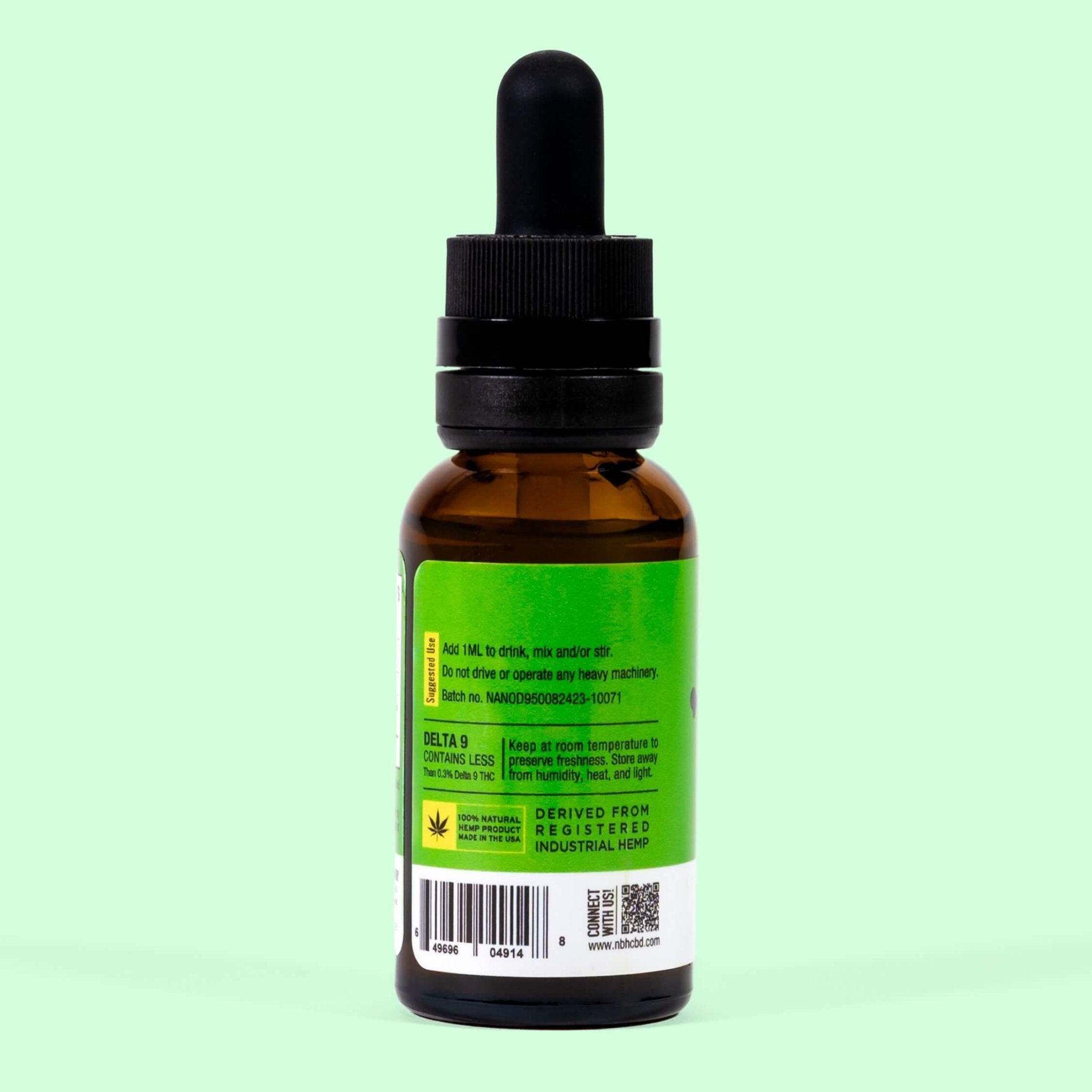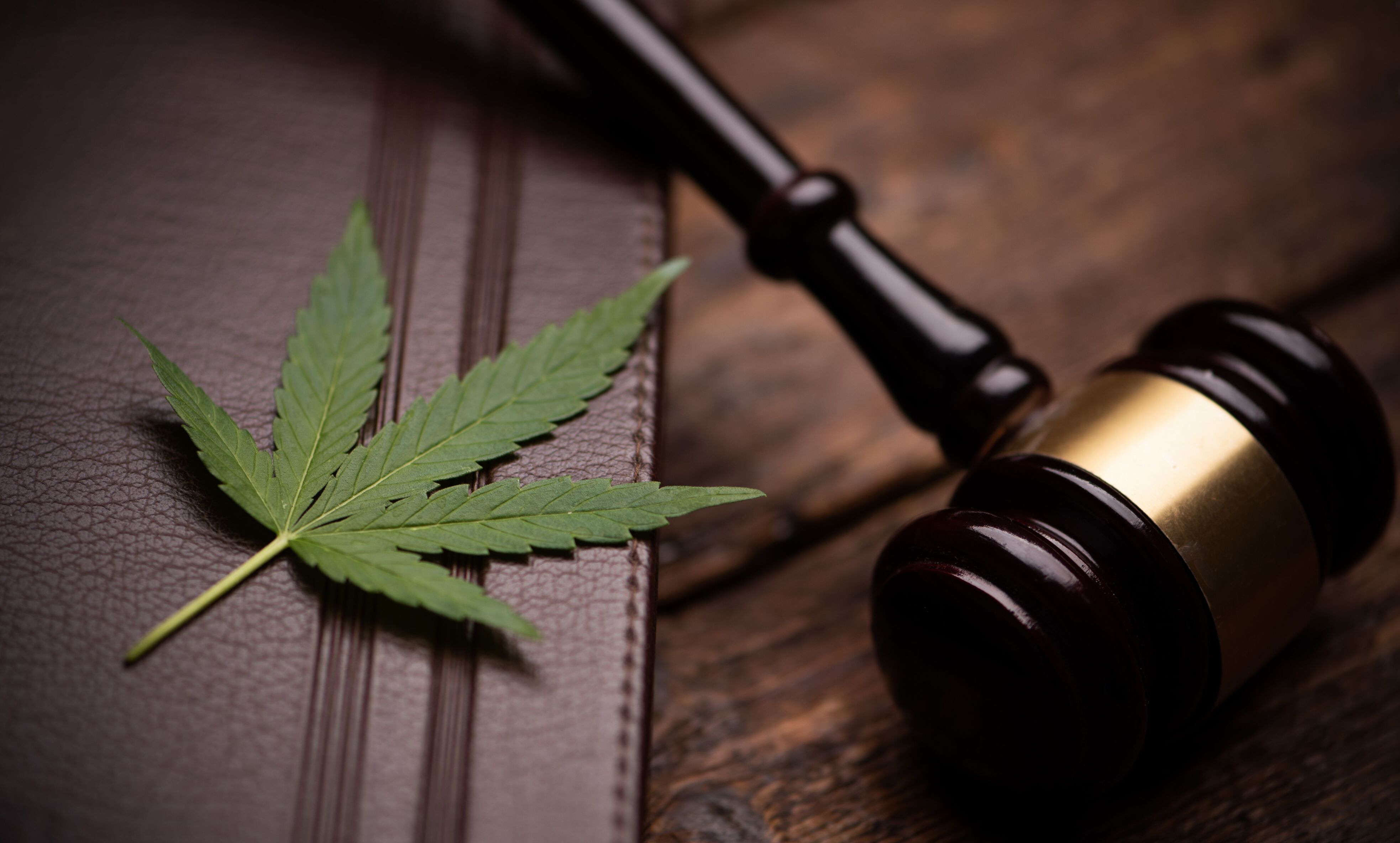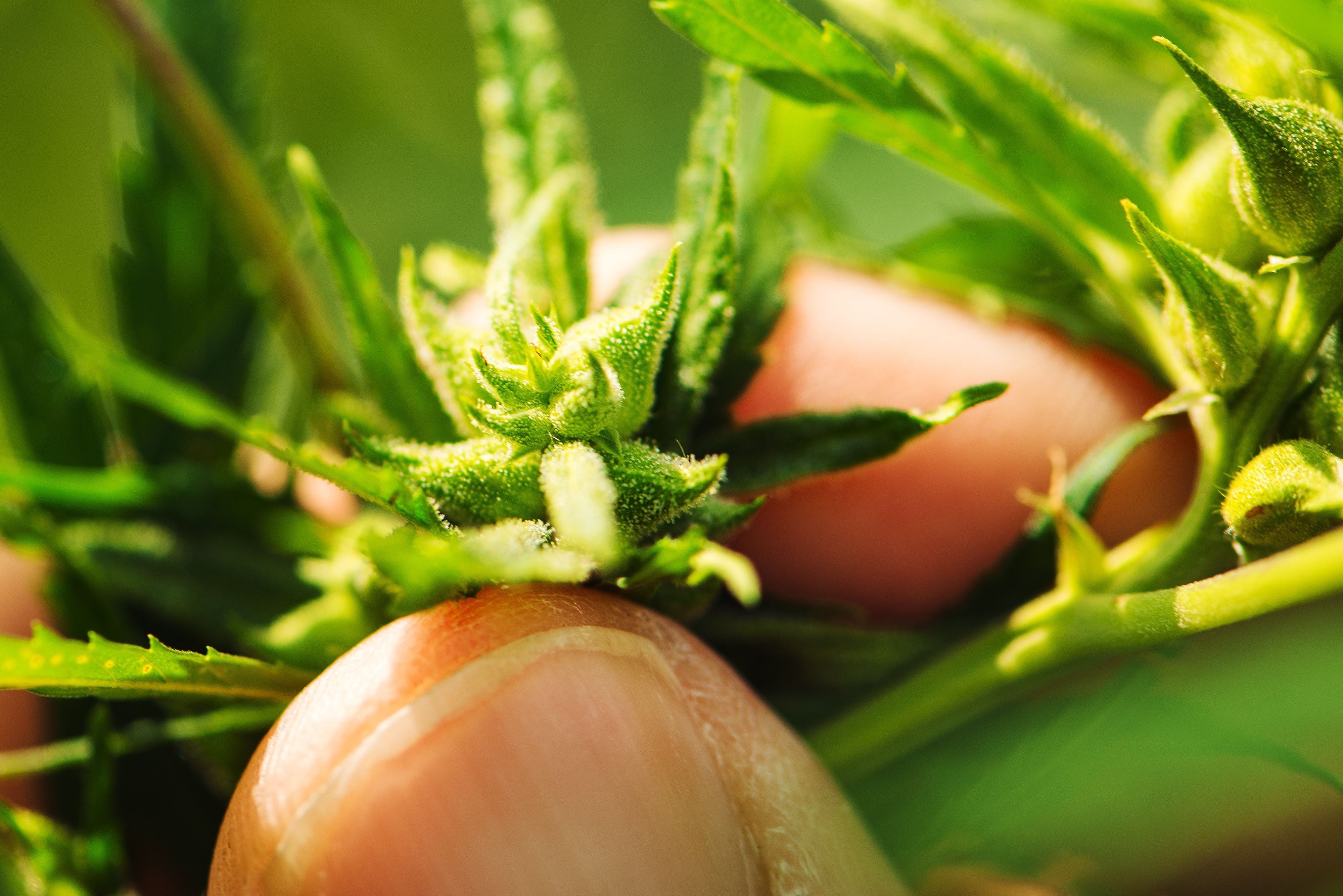
A bipartisan group of lawmakers recently reintroduced legislation to allow hemp-derived products to be legally sold as dietary supplements. Oregon Democrat Kurt Schrader and Virginia Republican Morgan Griffith presented the Hemp and Hemp-Derived CBD Consumer Protection and Market Stabilization Act of 2021 on Feb. 4. There were 17 co-sponsors of the bill.
Congress may use this bill to force the FDA’s hand
Reintroduction of this bill, which is also called Bill H.R. 841, is a sign that several members of Congress believe the U.S. Food and Drug Administration (FDA) is taking too long to decide how it will regulate hemp products. Lawmakers have reportedly pressured the FDA to set hemp regulations since the 2018 Farm Bill federally legalized hemp.
“Due to continued FDA inaction . . . more consumers are at risk every day of [using] unsafe or illegal products that are poorly manufactured, incorrectly labeled, or illegally deliver THC or other adulterants,” Julia Gustafson told Natural Products Insider. Gustafson is the vice president of government relations for the Council for Responsible Nutrition.
She added that this inaction harms responsible businesses as well as consumers.
“[R]esponsible CBD companies that adhere to federal regulation and product and market safe and beneficial CBD dietary supplements are forced to share the shelf with disreputable companies that compromise public safety for profit,” she said.
A coalition of 18 groups has voiced its support for the bill. According to a press release written on behalf of the coalition, thousands of American farmers planted hemp in response to the 2018 Farm Bill, and a large majority of that acreage was dedicated to CBD production. The release states that the regulatory framework proposed in the bill would promote consumer safety while giving an economic boost to these farmers, many of which are now struggling.
“Unfortunately, regulatory uncertainty remains about the inclusion of hemp and hemp-derived CBD into ingestible products,” the release stated. “CBD commerce and investment have resultingly been chilled, impairing job creation and economic opportunity for farmers and small businesses.”
The FDA did submit draft guidance on CBD enforcement to the White House Office of Management and Budget for review in July 2020, but withdrew the application last month after the Biden administration requested that all federal agencies withdraw their pending rules. Little is known about the contents of the draft guidance, and the FDA has not yet indicated when it plants to resubmit the plan. If Bill H.R. 841 passes, it may pressure the FDA to act sooner rather than later.
What the bill offers
If passed, the Hemp and Hemp-Derived CBD Consumer Protection and Market Stabilization Act would establish a set legal pathway for businesses to market their hemp-derived products. It would legalize CBD and other hemp-derived products as dietary ingredients, which allows them to be marketed and sold as dietary supplements.
The bill would maintain hemp’s definition as a cannabis plant that contains less than 0.3% THC, but it would subject hemp products to the same regulations as other dietary supplements. This includes regulations associated with the new dietary ingredient (NDI) and good manufacturing practices (GMP), as well as other labeling and marketing regulations that are specific to the supplements industry.
Disreputable businesses could be weeded out
The NDI regulations in particular could have a significant effect on the market. There is a good chance these regulations could radically reduce the number of brands on the market. However, the certainty that the regulations provide could also “be a boon for companies that have the wherewithal to produce quality hemp or spend a high six figures to conduct toxicology testing,” according to Natural Products Insider.
“It provides the category and all of us that play in that field a legitimate entry point into the mainstream marketplaces that have kept us at bay for years now,” Josh Hendrix told Natural Products Insider. Hendrix is the chief growth officer at Driftless Extracts and Workman’s Relief, a Wisconsin-based hemp processing business and a retail business, respectively.
“This is a step in the right direction for sure. It’s certainly not the final piece of the puzzle but a very important first step for those that are making quality products,” he added.
Regulations that winnow the hemp market could be welcome news for hemp businesses that are prepared to meet the regulations. It could even improve industry health in areas where the market is particularly saturated.
For example, a recent report from Minnesota Public Radio indicated that hemp production has plateaued in the state and many of the state’s farmers still have last year’s hemp crop in storage. It claims that this is due to saturation of the CBD market which caused prices to crash. Unless something revives the state’s stagnating CBD market, Minnesota’s hemp industry may be shifting away from CBD products and toward fiber and grain products instead.
Cannabis issues gain traction at the Capitol
This year’s Hemp and Hemp-Derived CBD Consumer Protection and Market Stabilization Act is reportedly identical to H.R. 8179, which was introduced in the last Congress. That bill reportedly had 30 co-sponsors — 18 Democrats and 12 Republicans.
This year’s bill is the third piece of cannabis-related legislature to be introduced to Congress in 2021. One of these bills before Congress aims to have marijuana ruled a Schedule 3 drug instead of a Schedule 1 drug. The other bill aims to prevent the U.S. Department of Veterans Affairs from denying veterans benefits because they use medical marijuana.
Sources
[4] https://www.mprnews.org/story/2021/02/08/minnesota-hemp-industry-still-trying-to-catch-fire








































